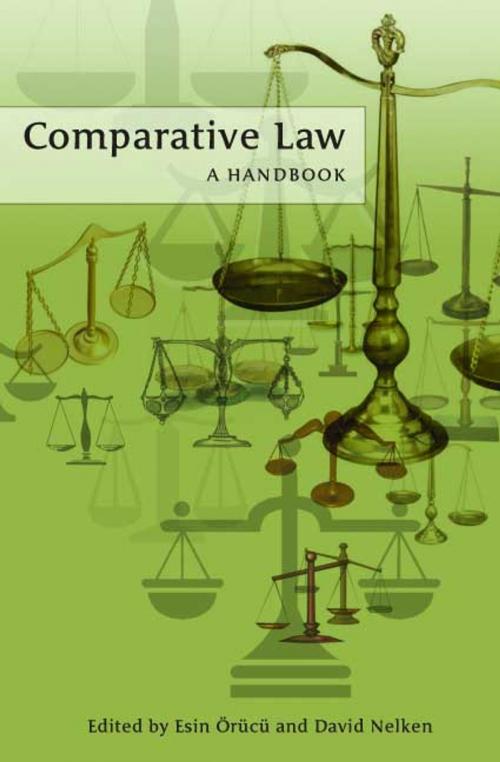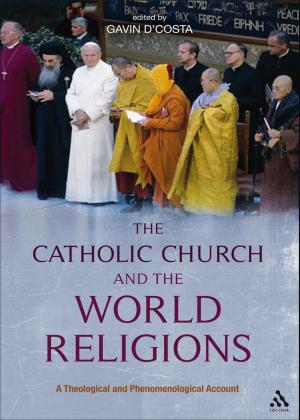| Author: | ISBN: | 9781847316981 | |
| Publisher: | Bloomsbury Publishing | Publication: | October 12, 2007 |
| Imprint: | Hart Publishing | Language: | English |
| Author: | |
| ISBN: | 9781847316981 |
| Publisher: | Bloomsbury Publishing |
| Publication: | October 12, 2007 |
| Imprint: | Hart Publishing |
| Language: | English |
This innovative, refreshing, and reader-friendly book is aimed at enabling students to familiarise themselves with the challenges and controversies found in comparative law. At present there is no book which clearly explains the contemporary debates and methodological innovations found in modern comparative law. This book fills that gap in teaching at undergraduate level, and for postgraduates will be a starting point for further reading and discussion.
Among the topics covered are: globalisation, legal culture, comparative law and diversity, economic approaches, competition between legal systems, legal families and mixed systems, comparative law beyond Europe, convergence and a new ius commune, comparative commercial law, comparative family law, the 'common core' and the 'better law' approaches, comparative administrative law, comparative studies in constitutional contexts, comparative law for international criminal justice, judicial comparativism in human rights, comparative law in law reform, comparative law in courts and a comparative law research project. The individual chapters can also be read as stand-alone contributions and are written by experts such as Masha Antokolskaia, John Bell, Roger Cotterell, Sjef van Erp, Nicholas Foster, Patrick Glenn, Andrew Harding, Peter Leyland, Christopher McCrudden, Werner Menski, David Nelken, Anthony Ogus, Esin Örücü, Paul Roberts, Jan Smits and William Twining. Each chapter begins with a description of key concepts and includes questions for discussion and reading lists to aid further study.
Traditional topics of private law, such as contracts, obligations and unjustified enrichment are omitted as they are amply covered in other comparative law books, but developments in other areas of private law, such as family law, are included as being of current interest.
This innovative, refreshing, and reader-friendly book is aimed at enabling students to familiarise themselves with the challenges and controversies found in comparative law. At present there is no book which clearly explains the contemporary debates and methodological innovations found in modern comparative law. This book fills that gap in teaching at undergraduate level, and for postgraduates will be a starting point for further reading and discussion.
Among the topics covered are: globalisation, legal culture, comparative law and diversity, economic approaches, competition between legal systems, legal families and mixed systems, comparative law beyond Europe, convergence and a new ius commune, comparative commercial law, comparative family law, the 'common core' and the 'better law' approaches, comparative administrative law, comparative studies in constitutional contexts, comparative law for international criminal justice, judicial comparativism in human rights, comparative law in law reform, comparative law in courts and a comparative law research project. The individual chapters can also be read as stand-alone contributions and are written by experts such as Masha Antokolskaia, John Bell, Roger Cotterell, Sjef van Erp, Nicholas Foster, Patrick Glenn, Andrew Harding, Peter Leyland, Christopher McCrudden, Werner Menski, David Nelken, Anthony Ogus, Esin Örücü, Paul Roberts, Jan Smits and William Twining. Each chapter begins with a description of key concepts and includes questions for discussion and reading lists to aid further study.
Traditional topics of private law, such as contracts, obligations and unjustified enrichment are omitted as they are amply covered in other comparative law books, but developments in other areas of private law, such as family law, are included as being of current interest.















